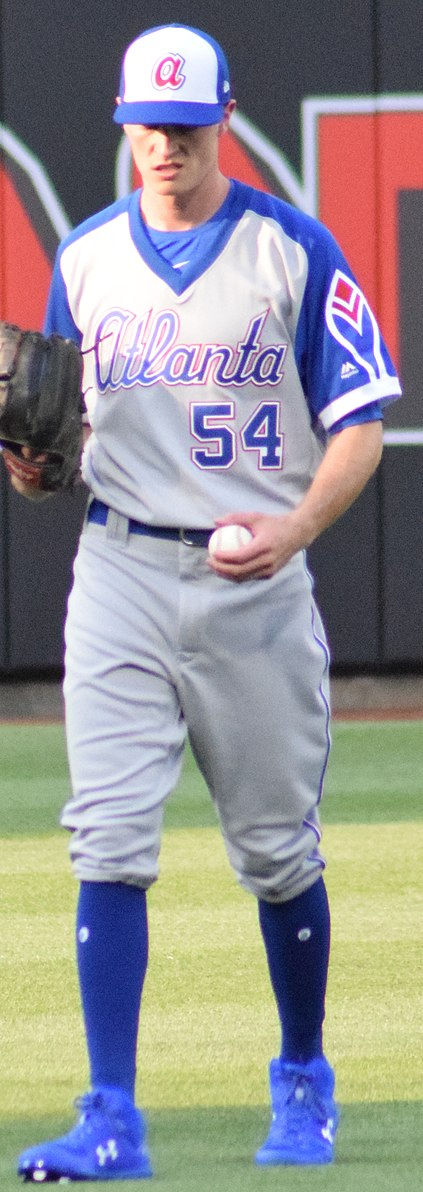
A few months ago, we took an in-depth look at salary arbitration, baseball’s complicated labor structure. That article is linked here. In 2023, the vast majority of players eligible for arbitration reached agreements with their clubs and avoided a hearing. However, 33 players were unable to come to terms before the January 13 deadline and were forced to exchange figures with their employers. Between the arbitration deadline and the hearing date, both parties could continue to work towards a one- or multi-year contract. If no deal was struck, a panel of three professional arbitrators heard arguments from each side and then chose to enforce the salary number sought by one of the parties; a number in the middle could not be chosen.
19 players and clubs remained unable to reach a deal and had decisions rendered by the arbitrators. As we discussed back in January, these hearings before a board of professional arbiters are unpredictable and often damaging to player-club relationships. As a result, most players and teams look to avoid them.
Back in October, the Angels avoided what would have been a unique arbitration process with two-way star Shohei Ohtani. The one-year deal upped Ohtani’s salary to $30 Million in 2023, the highest one-year salary ever awarded to an arbitration-eligible player to avoid arbitration. Due to Ohtani’s unique two-way skillset, his arbitration hearing would have been even more unpredictable than normal, as the panel would have been forced to decide the proper monetary value of a two-way star. Such uncertainty likely drove both parties towards avoiding the process altogether.
This year, 11 clubs avoided arbitration with all their arbitration-eligible players. The Oakland Athletics, Chicago Cubs, San Francisco Giants, Cleveland Guardians, San Diego Padres, Texas Rangers, Boston Red Sox, Cincinnati Reds, Colorado Rockies, Detroit Tigers, and Chicago White Sox all dodged arbitration hearings. 19 clubs exchanged figures with at least one player. The Tampa Bay Rays filed for arbitration with a league-leading seven players, and the Mariners and Angels were the only other teams to file with at least three.
Seattle outfielder Teoscar Hernandez sought this year’s highest salary among players who filed when he asked the Mariners for $16 million. The club countered at $14 million. Hernandez, a .267 hitter with 25 home runs, lost his hearing against the Mariners, and his salary was set at $14 million for the upcoming season.
Angels’ outfielder Hunter Renfroe, a .255 hitter who was acquired in an early offseason trade from Milwaukee, sought $11.9 million from his new employer. The Angels countered at $11.25 million. The arbitration panel sided with Renfroe and gave him one of this season’s rare wins for labor.
For the second consecutive year, Atlanta Braves’ left-hander Max Fried was forced into a hearing against his team. Fried went 14-7 in 2022 while pitching to a 2.48 ERA. For his work, Fried filed for a $15 million salary. The Braves held steady at $13.5 million. A panel of Mark Burnstein, Fredric Horowitz, and Jeanne Vonhof ruled against the 2022 Cy Young runner-up, and he will make $13.5 million in 2023.
One of the most publicized arbitration battles of 2023 took place between the Milwaukee Brewers and 2021 Cy Young Award winner Corbin Burnes. Burnes went 12-8 with a 2.94 ERA in 2022 and led the National League in strikeouts. Burnes requested a $10.75 million salary in 2023, and the Brewers countered at $10.01. An arbitration panel ruled in favor of the Brewers and set his salary at $10.01 million.
Early in Spring Training, Burnes was asked about the arbitration process. Burnes said, “Obviously, it's tough to hear. It's tough to take. They're trying to do what they can to win a hearing. There's no denying that the relationship is definitely hurt from what [transpired] over the last couple weeks. There's really no way of getting around that.” Burnes added, “You kind of find out your true value. You think you work hard for seven years in the organization, and five years with the big-league team, and you get in there and basically, they value you much different than what you thought you'd contributed to the organization. They won it. But when it came down to winning or losing the hearing, it was more than that for me.”
Burnes felt the club put him “in the forefront” of the team’s failure to qualify for postseason play in 2022. “That's something that probably doesn't need to be said. We can go about a hearing without having to do that,” Burnes remarked.
Brewers’ President of Baseball Operation Matt Arnold said, “The arbitration process always presents uncomfortable situations for both the club and player involved. It is never easy to present a case against a member of the Brewers family. I'd like to reiterate that we view Corbin as one of the leaders of our franchise and value him as an elite talent in the game. Corbin is a major contributor to the organization both on and off the field, and we look forward to another outstanding season from him in 2023.” Essentially, the Brewers saved $750,000 but damaged their relationship with a “major contributor” leader of their franchise.
Clubs were victorious in 13 of 19 arbitration cases that reached arbitration panels in 2023. In addition to Hernandez, Fried, and Burnes, the following players were unsuccessful in their arbitration hearings: Kyle Tucker, Ryan Helsley, Diego Castillo, Ji-Man Choi, Gio Urshela, Brady Singer, Josh Rojas, Colin Poche, Ryan Thompson, and Genesis Cabrera. 5 players joined Hunter Renfroe in achieving victories for labor: Luis Arraez, Jesus Luzardo, Harold Ramirez, Jason Adam, and Luis Rengifo.
With arbitration finally over and Spring Training in full swing, players and teams can begin to mend fractured relationships and switch their focus towards the upcoming campaign. While players enjoyed relatively little success in 2023’s arbitration hearings, the process remains a solid collective-bargaining victory for labor, as players can increase their salaries while remaining under team control.
Sources:
"Max Fried" via Ian D'Andrea licensed under CC BY-SA 2.0

Комментарии